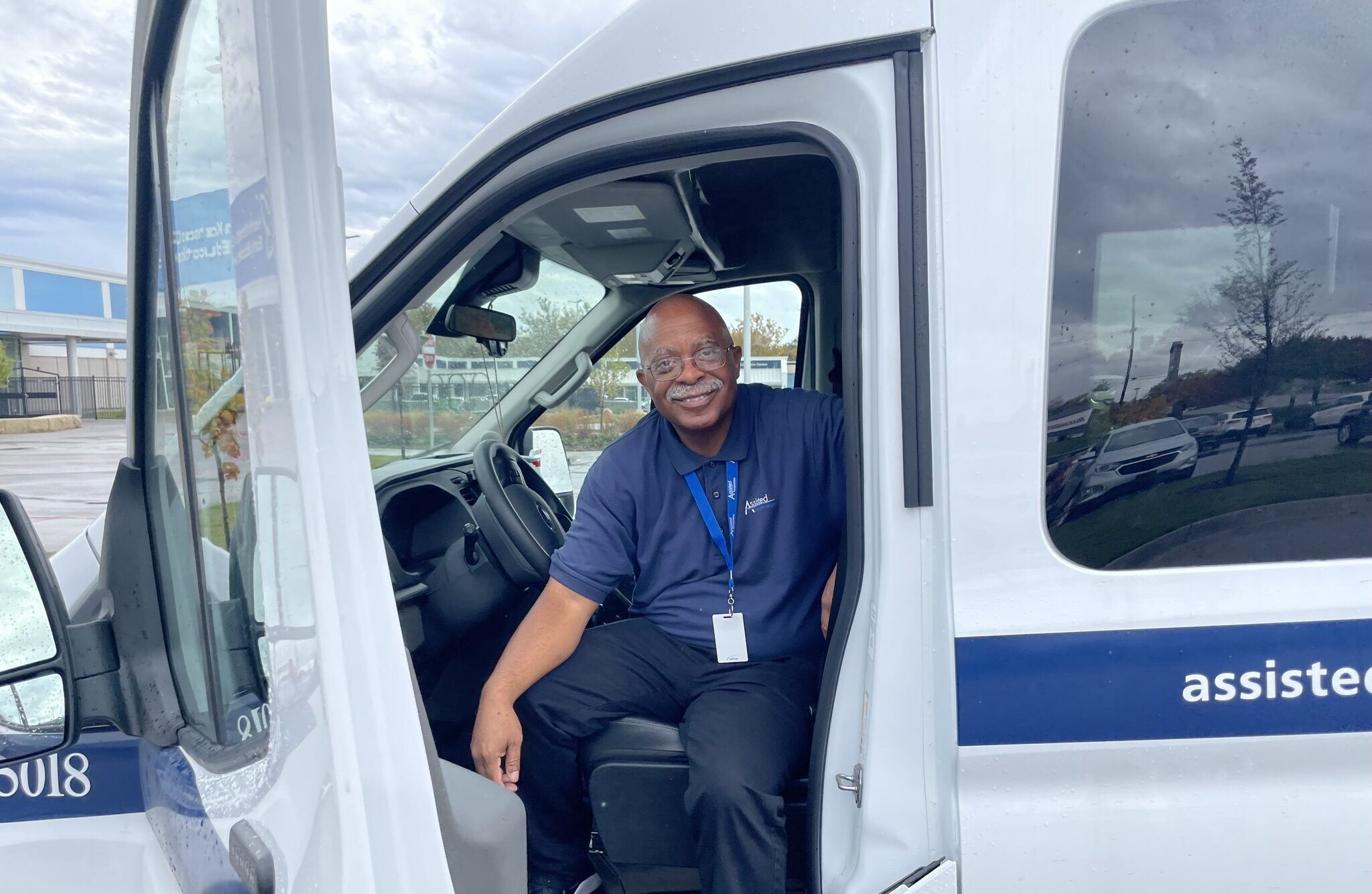School districts across the country are increasingly turning to specialized transportation providers to meet their student transportation needs. Rising costs, driver shortages, and the unique requirements of special needs students have highlighted the value of outsourcing these services to providers who can deliver tailored support. This trend has led to the emergence of two main business models: Transportation Network Companies (TNCs) and Alternative Transportation Providers.
What is the difference between a TNC and an Alternative Transportation Provider?
A Transportation Network Company (TNC) is a network of independent drivers who work on-demand, much like rideshare services such as Uber or Lyft. Schools contract with TNCs to provide student transportation, usually paying on a per-trip or per-mile basis. TNCs appeal to districts looking for a potential quick and perceived cost-effective solution/flexible option.
Conversely, an Alternative Transportation Provider such as ASTP partner Assisted Student Transportation Services, functions more like an outsourced yellow bus service. These providers typically contract on a multi-year basis with school districts and provide to-and-from home services to students with special needs and students covered by the McKinney-Vento Act, as well as transportation to-and-from career training and educational enrichment programs with midday shuttles.
While TNCs may seem affordable initially, many school districts have chosen to work with an Alternative Transportation Provider. Here are 10 reasons why Alternative Transportation Providers often become the preferred choice:
- Stronger Partnerships The drivers and office staff of Alternative Transportation Providers are more attuned to the needs of schools because they spend more time fostering consistent communication, integrating with current providers, and delivering a seamless experience with wrap-around services. Many district leaders observe Alternative Transportation Providers serve as more effective partners compared to TNC contracted providers. Since TNC drivers are independent contractors compensated solely for the hours they are in transit, they are less incentivized to cultivate relationships with students, parents, and school staff.
- Higher Regulatory Standards Currently, TNCs are regulated in many states by Public Utility Commission (PUC) standards that apply to taxicabs, rather than the more stringent Department of Education regulations that apply to school transportation. These rules impact everything from driver training and vehicle inspections to insurance requirements. This may change as more states tackle this issue legislatively, but in the near term, contracting with an Alternative Transportation Provider can help ensure compliance with the highest safety and operational standards.
- Lower Liability While TNCs who transport students are required to carry insurance, they may not be required to meet the insurance standards of traditional school transportation providers. This gap in coverage often transfers the liability back to the district. Alternative Transportation Providers offer comprehensive liability coverage, relieving districts of this added burden.
- Stronger Driver Requirements As independent contractors, TNC drivers are typically not required to undergo the same level of scrutiny as those hired by Alternative Transportation Providers. For example, in Kansas, TNC drivers are only required to complete a basic background check and a Motor Vehicle Records check. By contrast, Assisted Student Transportation completes reference and background checks, drug screens, motor vehicle record and other clearances more typically required of the DOT requirements for a Commercial Driver License holder. They also invest significantly in training, including 40-50 hours before drivers begin transporting students on their own, and 10 monthly in-service training sessions during the school year. This training equips drivers to handle a wide range of student needs, while maintaining the highest safe-driving standards.
- Better Vehicle Safety Measures While privately owned TNC vehicles are required to pass baseline mechanical inspections, the fleets owned by alternative providers undergo more thorough and frequent safety inspections and maintenance. For example, Assisted Student Transportation chooses to routinely replace fleet vehicles with newer models, and better equips their fleet with security cameras, lifts, and safety restraints for students with disabilities. Their vehicles are also well marked with a company logo and phone number for driver accountability.
- Competitive Cost Comparison Alternative Transportation Providers typically charge per day, making them more cost-effective for districts that consistently use their services. The more students transported, the daily cost per student can be lower than the per-trip rate of a TNC. Additionally, Alternative Transportation Providers can offer creative solutions to reduce costs, such as cost-sharing with another district for McKinney-Vento students who move mid-year.
- Better Driver Compensation Packages As noted earlier, drivers employed by Alternative Transportation Providers are compensated from the time they clock in at the terminal to the time they clock out at the end of their day, unlike TNC drivers who are paid only for time spent with students in transit. Not only do drivers earn more with this pay model, but it also allows drivers to build relationships with students and school staff without feeling rushed to load a student into their vehicle so they can start the clock. Many Alternative Transportation drivers are also eligible for company sponsored benefits such as dental, vision, medical, and retirement plans, not to mention the wear-and-tear savings from using a company vehicle, rather than their own. Well-compensated drivers have higher engagement levels, less turnover, and develop more familiarity with students and families with their individual needs and requirements.
- Simplified Provider Management Alternative Transportation Providers often reduce the administrative burden for school districts by consolidating providers. For example, a school district that recently contracted with Assisted Student Transportation had previously outsourced over half of their students to four different TNC providers to meet their needs. When Assisted came on board, they replaced all of them, significantly streamlining processes and improving coordination.
- More K-12 School Experience While some TNC operators have their roots in yellow bus school transportation, many began in the rideshare or healthcare industry, and only began transporting students as the market need arose. Providers like Assisted have intentionally staffed their offices with individuals with extensive experience in school transportation (Assisted’s leadership team has combined, over 100 years of Student transportation experience alone). While this may seem like a minor distinction, school districts appreciate that they understand the nuances of school operations and can communicate effectively with district staff.
- Consistency for Students and Families One of the biggest requests of school districts for transportation providers is consistency. Students with special needs benefit immensely from seeing a familiar face each day, providing them the comfort and stability necessary for a positive educational experience. The trust between student and driver is invaluable, fostering a supportive atmosphere for student success, which Alternative Transportation Providers can offer.
In short, while TNCs may seem like the potentially economical choice at first, the benefits of partnering with an Alternative Transportation Provider often outweigh any perceived cost savings. From better relationships and lower liability to streamlined services and happier students, Alternative Transportation Providers offer a comprehensive approach to meeting districts’ needs.
Contact Us
American Student Transportation Partners (ASTP) is committed to meeting the individual transportation needs of the students and districts we serve. We’re driving the future of student transportation by providing access to education through safe, dependable student transportation programs. Exceptional bus operators and alternative transportation providers choose ASTP because of our innovative approach to partnership, as well as the resources we provide to help “future-proof” their operations.
To learn more about partnering with ASTP, contact Nick Tierno, Director of Corporate Development, at [email protected].

